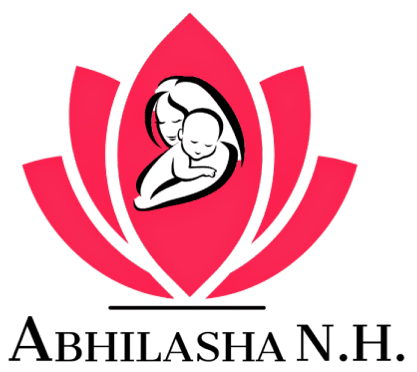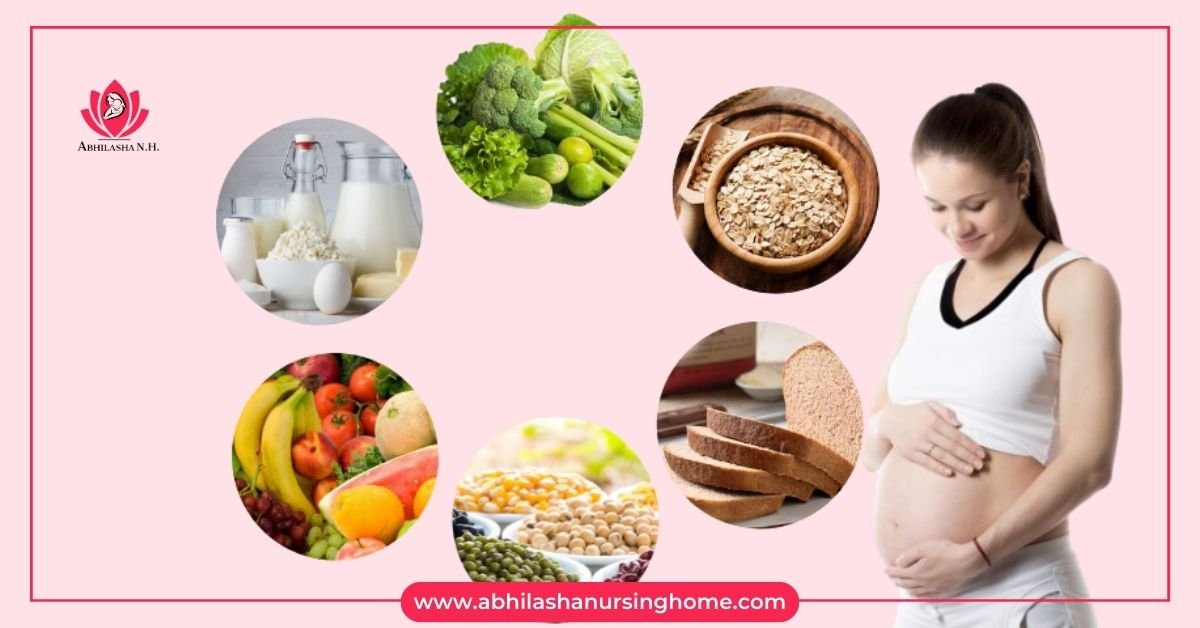Pregnancy is a transformative phase in a woman’s life, and proper nutrition plays a pivotal role in ensuring a healthy journey for both the mother and the growing baby. Understanding what to eat and what to avoid is crucial for a balanced and nourishing diet during this period.
What to Eat:
1. Fruits and Vegetables
Incorporate a colorful variety of fruits and vegetables into your meals. They provide essential vitamins, minerals, and fiber vital for a healthy pregnancy. Opt for fresh produce and aim for a rainbow of colors.
2. Whole Grains
Include whole grains like brown rice, quinoa, oats, and whole-wheat bread to provide sustained energy and fiber. They aid in digestion and prevent constipation, a common issue during pregnancy.
3. Lean Proteins
Sources like lean meats, poultry, fish, eggs, tofu, and legumes offer essential proteins necessary for fetal growth and development. Ensure proper cooking to avoid any risk of foodborne illnesses.
4. Dairy Products
Dairy provides calcium, which is crucial for bone development. Opt for low-fat or fat-free milk, yogurt, and cheese to meet the increased calcium needs during pregnancy.
5. Healthy Fats
Incorporate sources of healthy fats such as avocados, nuts, seeds, and olive oil. They aid in the development of the baby’s brain and nervous system.
6. Hydration
Drink plenty of water throughout the day to stay hydrated. Aim for at least 8-10 cups of water daily to support the increased blood volume and amniotic fluid.
What Not To Eat:
1. Raw or Undercooked Foods
Avoid raw or undercooked meats, seafood, and eggs to minimize the risk of foodborne illnesses like salmonella and listeria, which can harm the baby.
2. Unpasteurized Products
Steer clear of unpasteurized dairy products and juices, as they may contain harmful bacteria that can lead to infections.
3. High-Mercury Fish
Limit consumption of high-mercury fish such as shark, swordfish, king mackerel, and tilefish, as mercury can negatively impact the baby’s developing nervous system.
4. Caffeine and Alcohol
Minimize caffeine intake and completely avoid alcohol during pregnancy, as they can pose risks to the baby’s health and development.
5. Excessive Junk Food
Cut down on processed and junk foods high in sugars, fats, and empty calories. These offer little nutritional value and can contribute to excessive weight gain.
Conclusion
A well-balanced diet during pregnancy is fundamental for the health and well-being of both the mother and the baby. By making mindful food choices and avoiding potential risks, expecting mothers can ensure a nourishing and healthy pregnancy journey.

